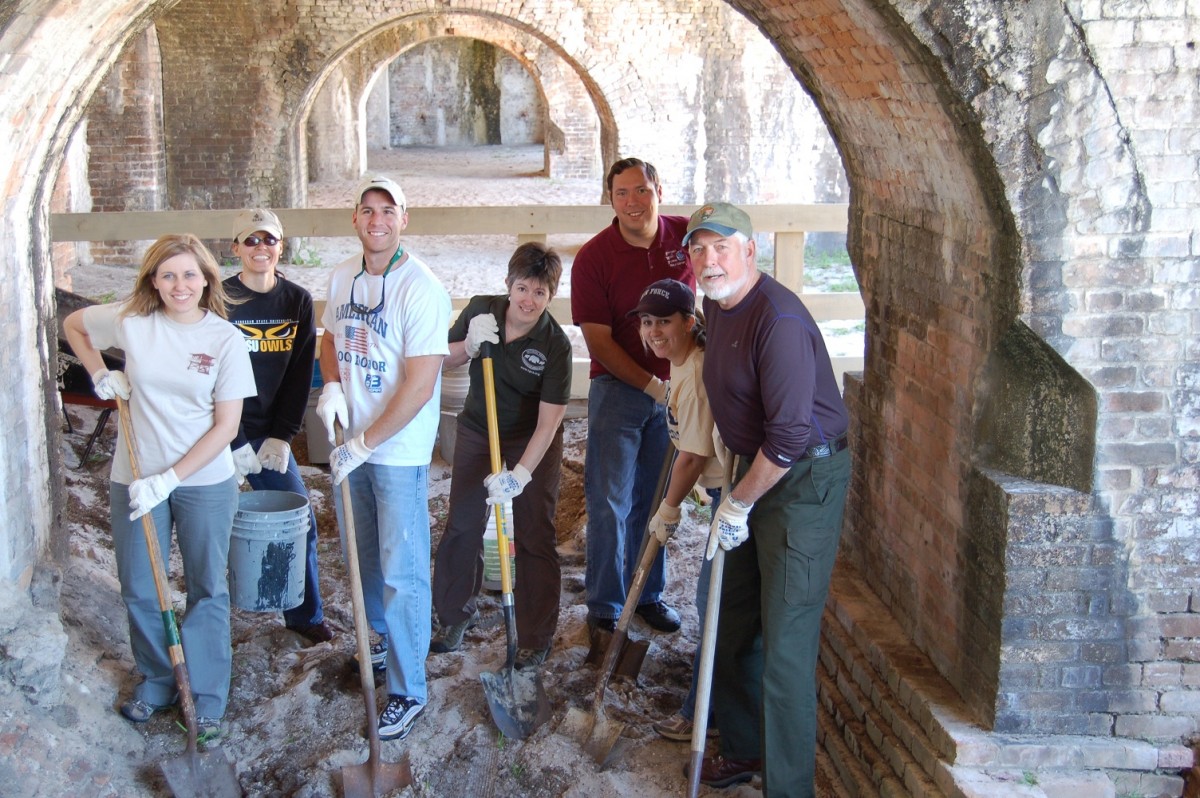The Role Politics Play in Public History
Framing History Through Politics: The Suppression and Upliftment of Black Cultural Narratives
One can frame historical narratives through political groups, often shaping how history is presented or supported. Fath Davis Ruffins, in her writing about “Building Homes for Block History,” discusses the suppression of the cultural impact that black people have and how efforts were made to conceal the culture of black history. This led to the creation of the “Negro canon” to uplift the art and history of African American culture. A direct quote from the reading states, “black museum pioneers viewed art and music as valuable weapons to help fight social oppression and the internalized belief that black people were intellectually inferior, with no significant history or culture.”¹

The Intersection of Politics and Public History: Controversy, Debate, and Representation
Another way politics play a role in public history is through controversial discussions. Public history is often approached with debates over how to present specific issues. Political debates influence which particular histories are highlighted, revised, or erased, causing division. Michele M. Schlehofer, Kathryn Wagne, and Emily Bramande discuss, in “‘Things Will Get Worse Before They Get Better’: LGBTQ+ People’s Reactions to the 2020 US Presidential Election,” the laws set for the LGBTQ+ community. The direct quote states, “Trans youth have been particularly targeted with discriminatory legislation in recent years. The American Civil Liberties Union (ACLU, 2022) reports an exponential rise in state-level bills that seek to curtail the rights of trans people, and particularly trans youth, in areas as wide-ranging as access to public bathrooms, healthcare, and participation in youth sports.”² This becomes a problem for historians because public history aims to reveal the truth about history. This sets tension between historians advocating for specific groups and accusations of bias. That’s why it is essential to have balance when engaging with political activism while maintaining professional objectivity. History is always connected to politics because people decide what to keep, share, or remember. However, with public history, historians must stay true to facts and include diversity within communities and their voices.
Credtis
- Fath Davis Ruffins, Building Homes for Block History (1915), 14.
- Michele M. Schlehofer, Kathryn Wagne, and Emily Bramande, “‘Things Will Get Worse Before They Get Better’: LGBTQ+ People’s Reactions to the 2020 US Presidential Election” (2023), 1379.
February 23, 2025 @ 2:07 pm
Love the image you added to your post.Also the information was a good read.